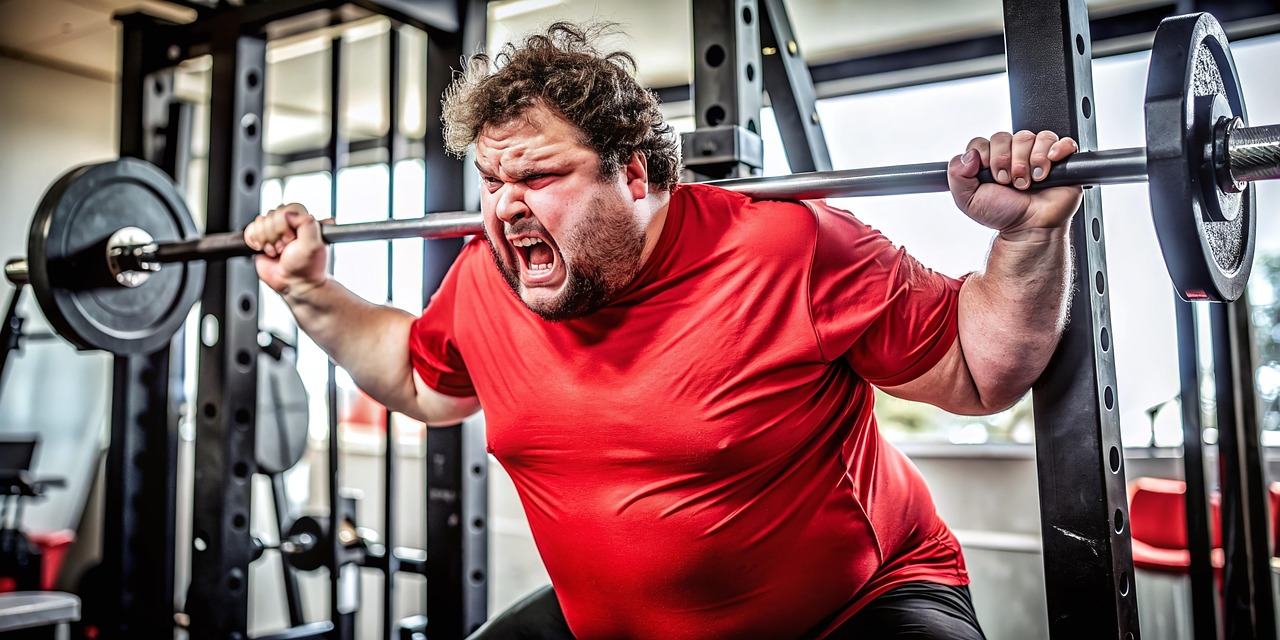
Here’s a fact that doesn’t get talked about enough: weight alone doesn’t tell the full story of your health or fitness journey. What’s more, if you want to truly understand what’s happening with your body, it’s time to go beyond the scale and start paying attention to what your body is actually made of.
To begin with, body composition refers to the various elements that make up your body: fat, muscle, bone, and water. When you step on a traditional bathroom scale, it shows your total weight, but it doesn’t distinguish between fat mass and lean mass like muscle, bone, or organs. That’s like checking the weather by only looking at the temperature. You’re missing the complete picture.
For instance, two people may each weigh 180 pounds. One might have a higher body fat percentage and lower muscle mass, while the other has more muscle and less fat. As a result, they may look different, feel different, and have significantly different levels of health, despite sharing the same weight. This example illustrates why weight alone is a limited metric.
How Body Composition Monitors Work
On the other hand, a body composition monitor breaks down what your weight is made of. They do this through a technology called bioelectrical impedance analysis. Although the name might sound technical, the process is simple and safe. The device sends a tiny, harmless electrical current through your body. Because fat, muscle, bone, and water each conduct electricity differently, the device can estimate the proportion of each component in your body.
Aside from being non-invasive, they’re also easy to use at home. Within seconds, you can receive a detailed readout of various body metrics, such as body fat percentage, skeletal muscle mass, visceral fat level, resting metabolic rate, segmental muscle and fat analysis, body mass index (BMI), and even an estimated body age.
All of this provides a much clearer picture of your internal health than any standard scale could. The insights you get can help you make more informed decisions about your diet, exercise, and overall wellness plan. This is very important because a decrease in weight doesn’t necessarily mean better health.
The Importance of Tracking More Than Just Weight
Let’s say you follow a strict diet and lose 10 pounds in a month. At first glance, that sounds like a win. But what did you actually lose—fat, water, or muscle?
Without a body composition monitor, it will be hard to tell. If you lost muscle along with fat, you might have done more harm than good. That’s because muscle plays a critical role in your overall health. It helps with everyday tasks like lifting, walking, and climbing stairs, and it also supports your joints and posture.
In addition, muscle burns more calories than fat, even when you’re at rest. A higher muscle mass increases your resting metabolic rate, meaning your body becomes more efficient at burning energy throughout the day. In contrast, losing muscle can slow your metabolism and make it harder to maintain or lose weight in the future.
On the flip side, visceral fat—the kind that wraps around your internal organs—is linked to serious health risks like heart disease, insulin resistance, and certain types of cancer. Therefore, your goal should be to reduce fat while preserving or increasing muscle. Only a body composition monitor can help you determine whether you’re doing that effectively.
Another major advantage of using a body composition monitor is that it helps you track meaningful progress. It’s easy to obsess over daily weight fluctuations, which can be affected by water retention, stress, or sleep.
Rather than being frustrated by the scale’s numbers, you can focus on long-term trends in fat loss, muscle gain, and metabolic health.
For example, your body composition monitor might show a decrease in fat percentage and an increase in muscle mass, even if your total weight hasn’t changed much. This information can help you adjust your workout routine, tweak your diet, or increase your protein intake to support muscle growth. On the other hand, if your body fat percentage is high, you might focus on cardio and reducing refined sugars.
Furthermore, monitoring these trends weekly or even biweekly can provide valuable insights over time, making your fitness journey far more productive and sustainable. Because it’s possible that your body is changing in ways the scale can’t show. Specifically, you might be losing fat and gaining muscle at the same time. Your weight stays the same in this scenario, but your body composition improves significantly.
A body composition monitor can validate these changes. It can show that your fat percentage is decreasing while your lean mass is increasing. These metrics can help you stay motivated and focused on what actually matters.
Additionally, you may notice that your clothes fit better, you have more energy, and your sleep has improved—all signs of progress that a basic scale simply can’t reflect. Shifting your focus to these deeper indicators can significantly improve your mindset and long-term success.
Rethink How You Define Success
Ultimately, your health is not defined by a single number. It’s about how you feel, how your body performs, and what your body is composed of. Focusing solely on weight can lead to poor choices, like crash dieting or overtraining, which may do more harm than good.
On the other hand, understanding your body composition gives you the power to make more informed, sustainable decisions. You’ll be able to set smarter goals, like reducing your visceral fat, increasing your muscle mass, or improving your metabolic rate, instead of obsessing over pounds lost.
If you’re serious about improving your health, it’s time to stop letting the bathroom scale control your progress. Consider investing in a body composition monitor. It’s a small step that can lead to big, positive changes in how you approach fitness and wellness.
By shifting your mindset from “weighing less” to “having a healthier body composition,” you’ll not only see better results. You’ll feel them, too.
Related Articles:
– Go From Stressed to Rested With These Healthy Sleep Strategies
– Does Drinking More Water Really Help You Lose Weight
– 10 Things to Know Before You Retire
– The Power of Habit: Transforming Health Through Self-Improvement
– 10 Important Health-Related Lessons You Can Teach Your Toddler Now

